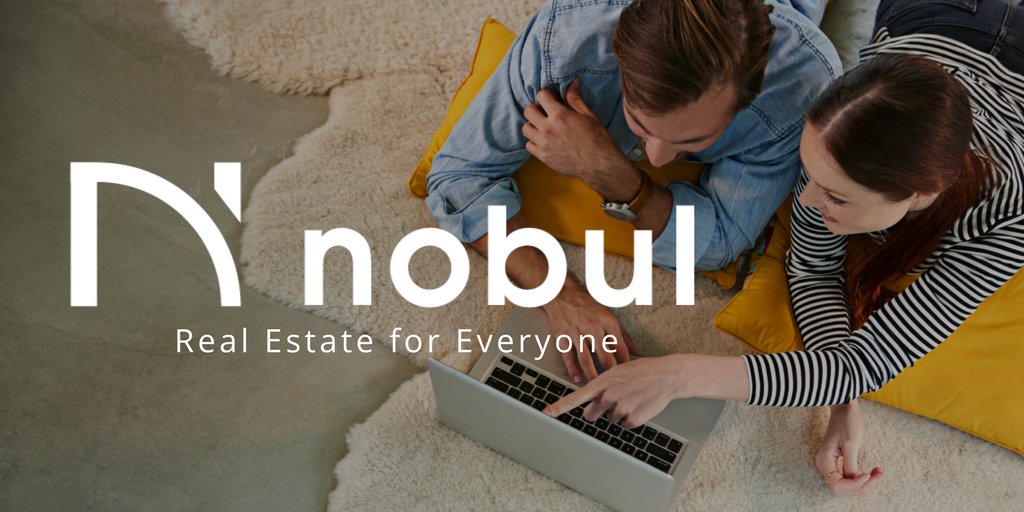Buying or selling your home traditionally used to come with a tidal wave of stress. Perusing the newspaper and magazines to find reputable agents, filling out paperwork to list your home, and so much more. Your head could easily start to spin trying to figure out where and how to start.
We’re well into 2021 now, and real estate has stepped into the future. Apps such as Nobul are revolutionizing the real estate game, and making home buying and selling a breeze.
In this article, we’ll look at how new real estate digital marketplace apps are changing the way the average buyer makes the biggest purchase of their lives — and how real estate agents are selling it to them.
The COVID Connection: Seeking and Selling in the New Normal
Before the coronavirus, working from home was uncommon. Selecting a home with the specific intention of converting bedrooms into functional home offices didn’t factor much into real estate purchasing decisions.
Now, young buyers especially are seeking homes with rooms that could easily convert into a home office or multiple home offices for double-income families.
The pandemic seemed like it would never end at some points, and it’s still dragging on. When it finally blows over, things may change back.
But for now, the changes are definitely impacting real estate operations, and people want a safer way to complete real estate tasks that previously required a lot of face-to-face interaction.
According to housing guides Home Tone, the apps that are available to help streamline the buying process for homes are helping in many ways. For example, some of these types of apps can match buyers with right real estate agents, browse more properties faster, or get price quotes and neighborhood information instantly.
Apps like Nobul are becoming the new standard for buying a home, particularly for millennials, in part because of all the changes brought on by the global pandemic.
The benefits of apps such as Nobul are plenty.
Perhaps the biggest advantage of real estate apps is the matching aspect, akin to dating sites.
On many of the apps, both buyers and sellers are offered the opportunity to complete an online profile about their specific house-hunting needs.
Likewise, real estate agents create their own online profiles with what kind of buyer they’re after.
Each group’s members are matched with their perfect counterparts.
What will the future of “proptech” be?
The Financial Post calls real estate apps and digital marketplaces like Nobul “the Uber of real estate,” perhaps because proptech (technology related to the real estate industry) is being shaken up in a new and radical way, as Uber did when taxicab owners suddenly found themselves practically obsolete.
Will this happen for real estate administrative workers as well?
The answer: probably not.
Despite the conversation about proptech possibly upsetting the real estate industry, some are convinced it will actually wind up being a tool that aids people who work in the real estate field.
Now, by using technology, rather than buyers and sellers rifling through phone books hoping to find a good agent, the agents will be competing for their business instead.


